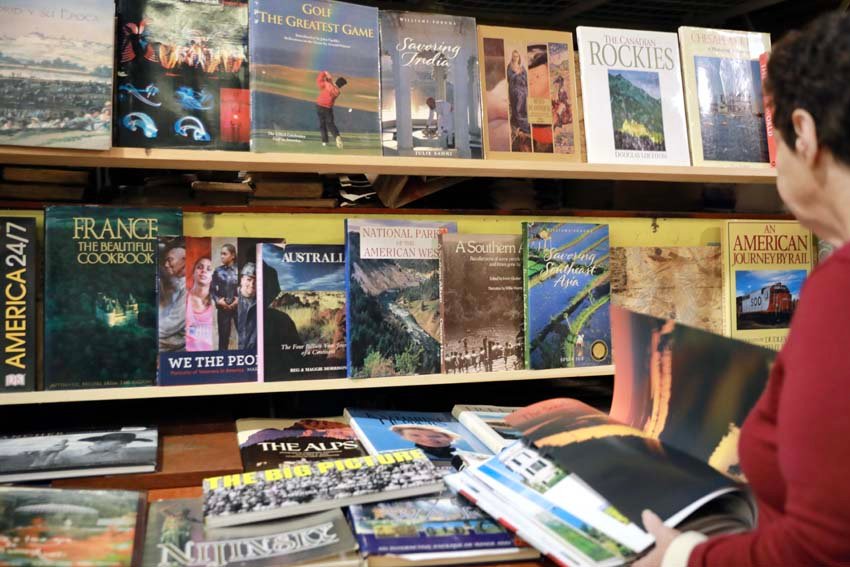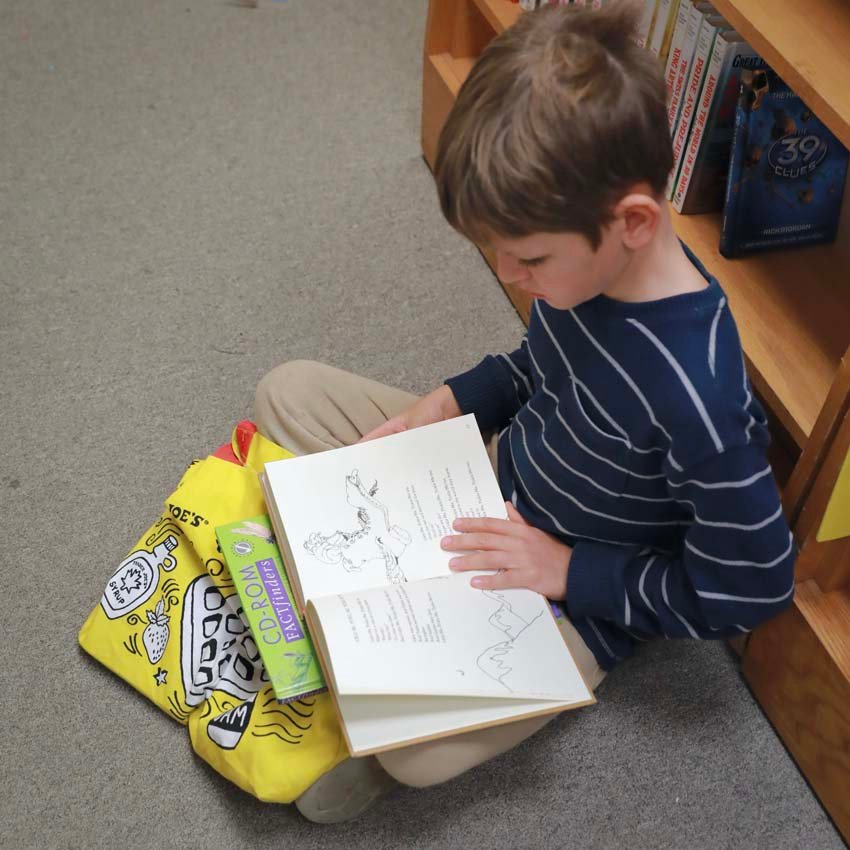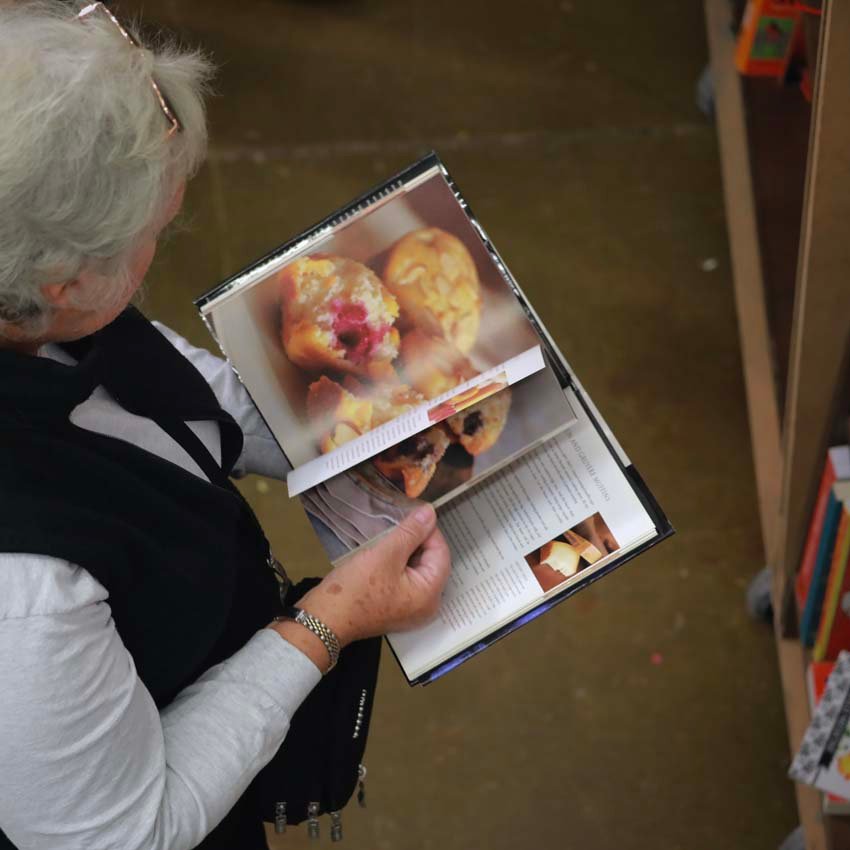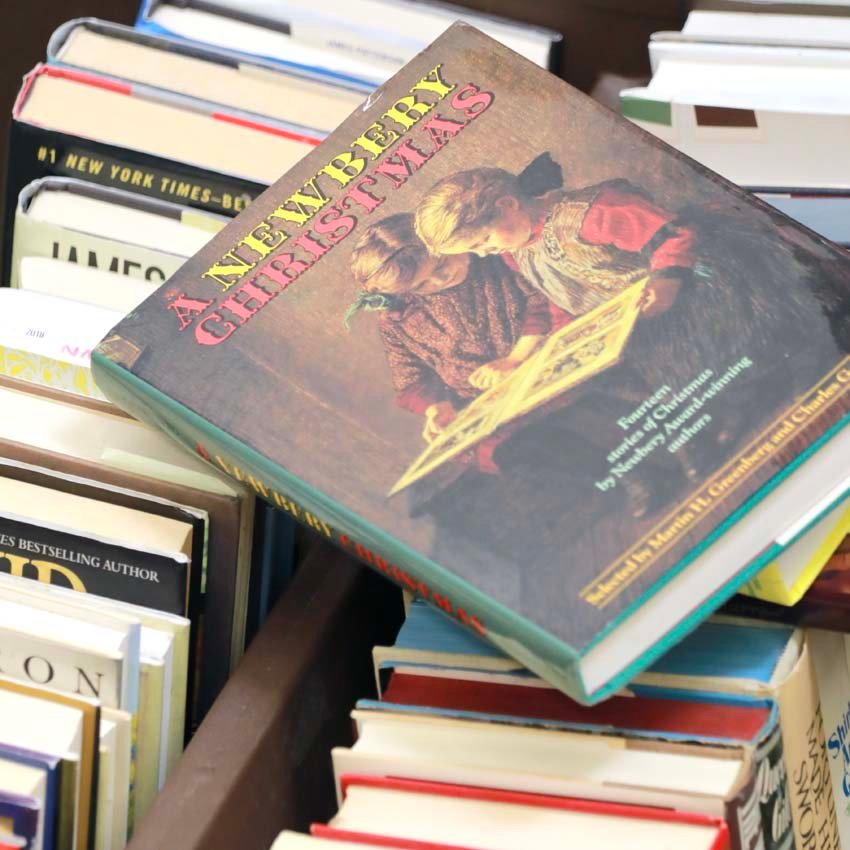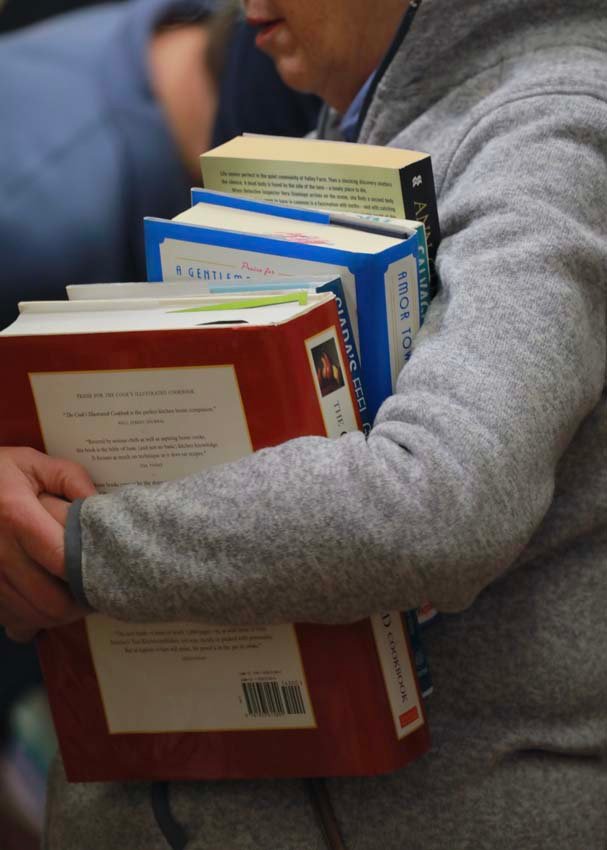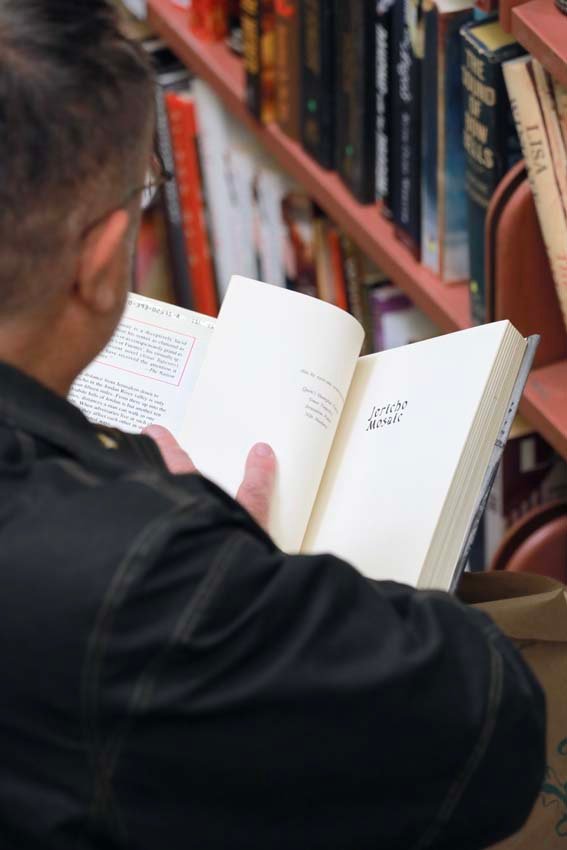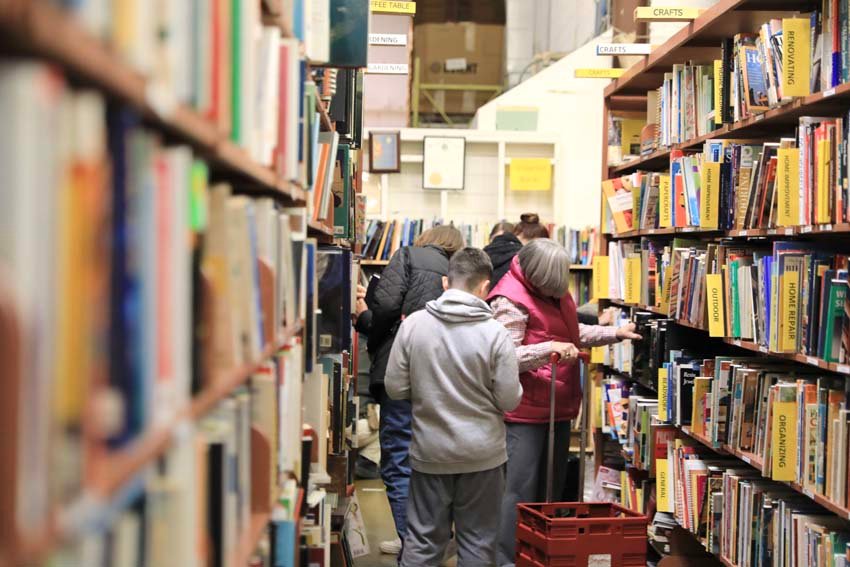+ By Christine Fillat + Photos by Karen Davies
Textbooks. Picture books. Collections of nursery rhymes. Giant books with photographs of landscapes in faraway places. Works of fiction, hardbound, whose spine was never cracked, the paper cover still in pristine condition. These books were bought with the best intentions. Some were presents, others were bought on impulse. Some were required reading, others were huge mistakes. This may describe the contents of bookcases in many Mid-Atlantic homes. Will these books ever be read? These books have served their purpose; they need to find a new home.
Over any two days, between 1,500 and 3,000 books find their way to a shed in the parking lot on the outskirts of Annapolis at 451 Defense Highway. The shed is a drop-off place for Books for International Goodwill, or B.I.G., a humanitarian project that helps neglected but useful books find real purpose. Its motto is “Keeping Books Alive.”
B.I.G.’s home is in the warehouse by the shed, in a small industrial park. It hums with activity, not unlike a healthy beehive. Every inch of space is devoted to sorting, shelving, and distributing books. Volunteers buzz about, intent on their respective tasks. The general vibe is joyful and industrious. “We believe we are the largest-volume, volunteer-based book distribution project in the world,” says Stephen Frantzich, president of B.I.G. He is also a Parole Rotary Club member, retired US Naval Academy political science professor, and author of 24 books.
Founded in 1995 by the Parole Rotary Club and its past president, the late Leonard A. Blackshear, B.I.G.’s original intent was to send donated books to countries that lacked books and libraries. For the past 28 years, it has provided more than 9 million books, packed in more than 400 shipping containers, to English-speaking places in need of books—countries, states, institutions, US armed forces, and schools—to countries including Jamaica, the Czech Republic, and Botswana, to cities such as Nanjing, and to areas that may have suffered a natural disaster or war. Most of the books are shipped to African nations.
The books are carefully selected. “Ahead of time, they’ve told us basically what they want,” says Frantzich. “They want kids’ books, or they want college books, or they want general adult reading books, or novels, whatever they can use in their program.” He indicates a pallet of books, wrapped for shipment and neatly stacked against the wall. “The ones that you see up there . . . are packed and all ready to go,” he says. “We put 1,000 books on a pallet. We send 16 pallets in a container. They’re getting, like, 20,000 books, a library in a box, basically.” Those books may go to Ukraine or Ghana. Recent shipments have been to Nigeria, Albania, and Mongolia. Sometimes, shelves are also included in the shipment. Naval Academy cadets and students from local high schools help with packing the books and heavy lifting.
The warehouse walls are adorned with banners and posters from book shipment recipients. B.I.G. prefers to partner with international Rotary clubs that sponsor shipments and handle logistics.

Not all donated books are appropriate to send out. To manage the staggering numbers of donated books, B.I.G. holds book sales several times a year, opening its doors to the public on a specified Friday and Saturday. On the Friday morning, there is a presale event for vendors who pay $50 for the opportunity to have first choice of the books. Vendors come from all over the Eastern Seaboard and as far south as South Carolina for the sale. The books are a bargain, selling for from $1.50 to $3 each. Some are valuable, and the vendors know what they are looking for. For the general public, B.I.G. is a great place to get lost in the stacks and find a treasure for a bargain. Proceeds from the book sales go to facility rent, utilities, and expenses.
The books in the warehouse are arranged in carefully curated shelves according to subject and type: coffee-table books, foreign language books, fiction, history, and so on. A volunteer is responsible for arranging each section. Most volunteers are retirees, people who love books, and they tend their stacks with care. Many are eager to talk about their books, how they are arranged, and why they love B.I.G.
Administration is what keeps this operation successful. B.I.G. is a 501(c)(3) organization that operates with a board of trustees and a working board of directors that deals with hands-on issues, managing volunteers, and everyday operations.
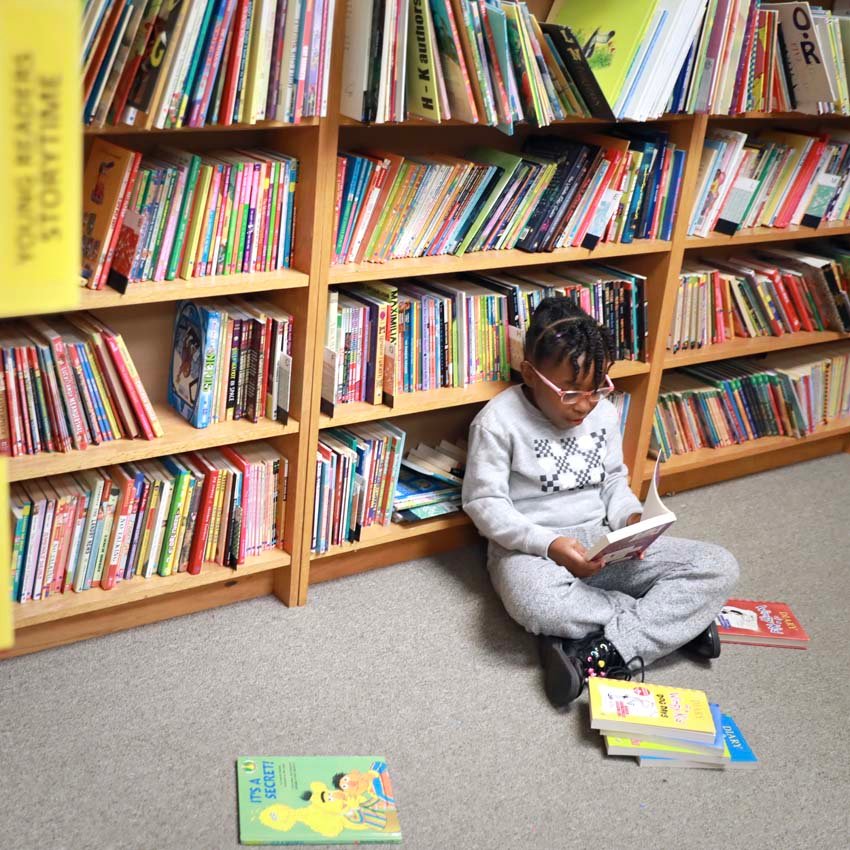
B.I.G. serves the worldwide community in many ways. It gets books into the hands of people who do not have the resources to do so on their own. It keeps books in circulation and out of landfills. And for a bibliophile, it provides a great place to volunteer, maybe sponsor a shipment, and spend time with other like-minded individuals.
For more information,
visit big-books.org.

